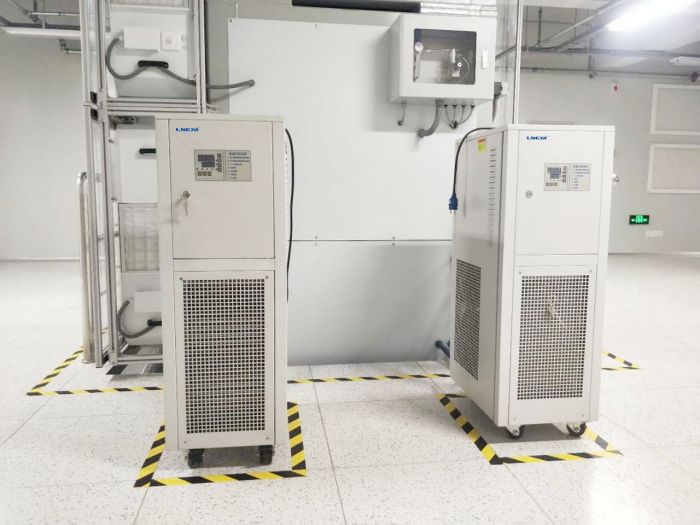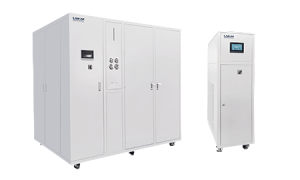Selection of cooling equipment for biological laboratories
A biosafety laboratory is a highly secure working environment used for researching and processing experiments involving biohazardous substances. The selection of cooling equipment is crucial in such a laboratory. Some experiments generate a large amount of heat, such as PCR reactions, cell cultures, and enzyme reactions. If these heat cannot be cooled in time, it will lead to inaccurate experimental results and even affect the stability of the experimental material. Therefore, it is necessary to choose appropriate cooling equipment such as cooling circulators, water bath circulators, and chillers. When selecting cooling equipment, it is necessary to consider the high temperature resistance, cooling speed, and stability of the equipment to meet the requirements of temperature control in experiments.
When selecting refrigeration and cooling equipment, it is also necessary to consider the space and energy consumption of the laboratory. Biosafety laboratories usually have limited space, so it is necessary to choose small but powerful equipment to fully utilize the laboratory space. In addition, energy consumption is also an important consideration factor. Energy saving and environmentally friendly equipment can not only reduce the impact on the environment, but also reduce the operating costs of laboratories.
In addition to the above elements, the reliability and safety of equipment are also very important for biosafety laboratories. The biohazard substances in the laboratory pose potential risks to both operators and the environment, therefore the safety of equipment should be given top priority. Choosing refrigeration and cooling equipment with high safety, such as automatic shutdown function, leakage alarm system, and emergency power outage protection, will help reduce the occurrence of accidents.
Finally, when choosing refrigeration and cooling equipment, it is necessary to consider the convenience of its maintenance and upkeep. The long-term use of equipment often requires maintenance and upkeep, so choosing equipment that is easy to clean and maintain will help extend the service life of the equipment and maintain its performance.
In summary, the selection of refrigeration and cooling equipment in biosafety laboratories is a process that comprehensively considers multiple factors. When selecting equipment, factors such as temperature range, cooling speed and stability, space and energy consumption of the equipment, safety, and convenience of maintenance need to be considered. Only by selecting equipment that is suitable for laboratory needs can the accuracy, stability, and safety of the experiment be ensured, thereby improving the efficiency and quality of the laboratory’s work.
 Industrial Chiller Heater Equipment Supplier-LNEYA
Industrial Chiller Heater Equipment Supplier-LNEYA




